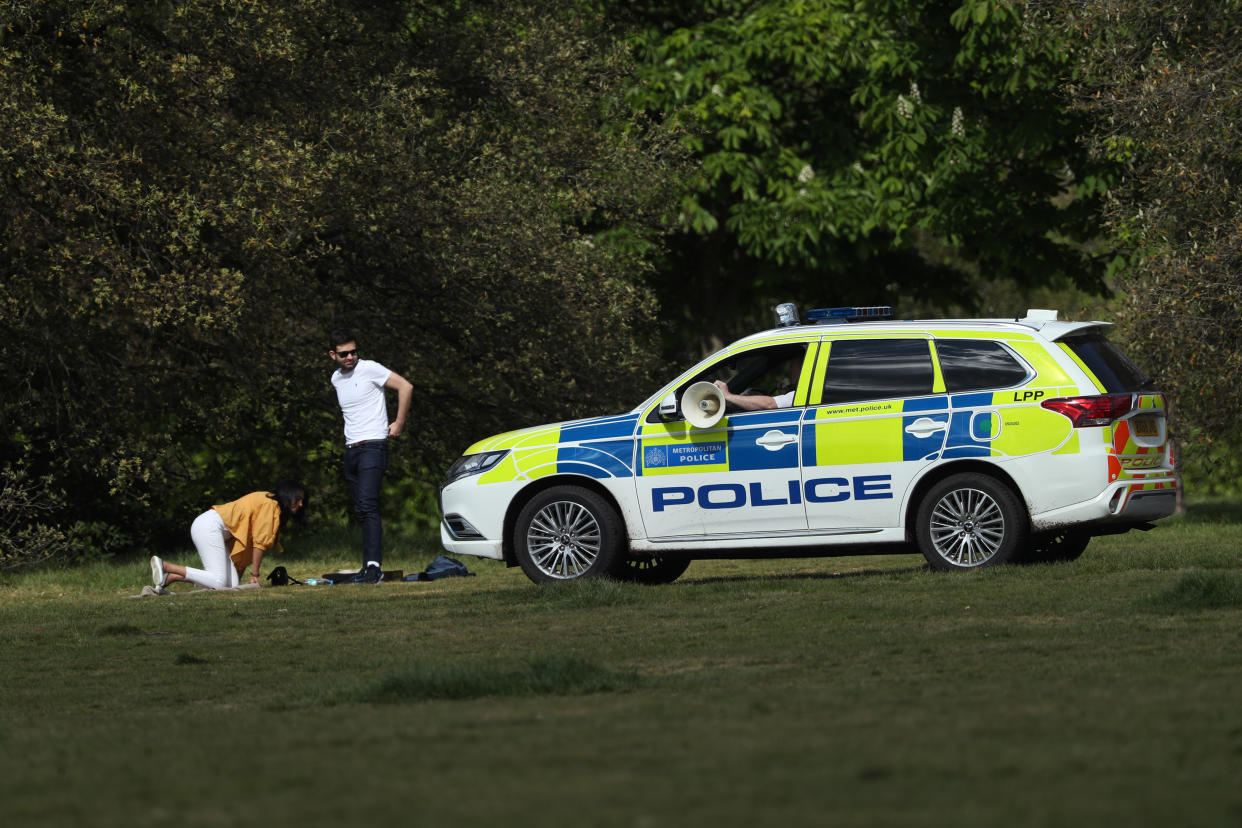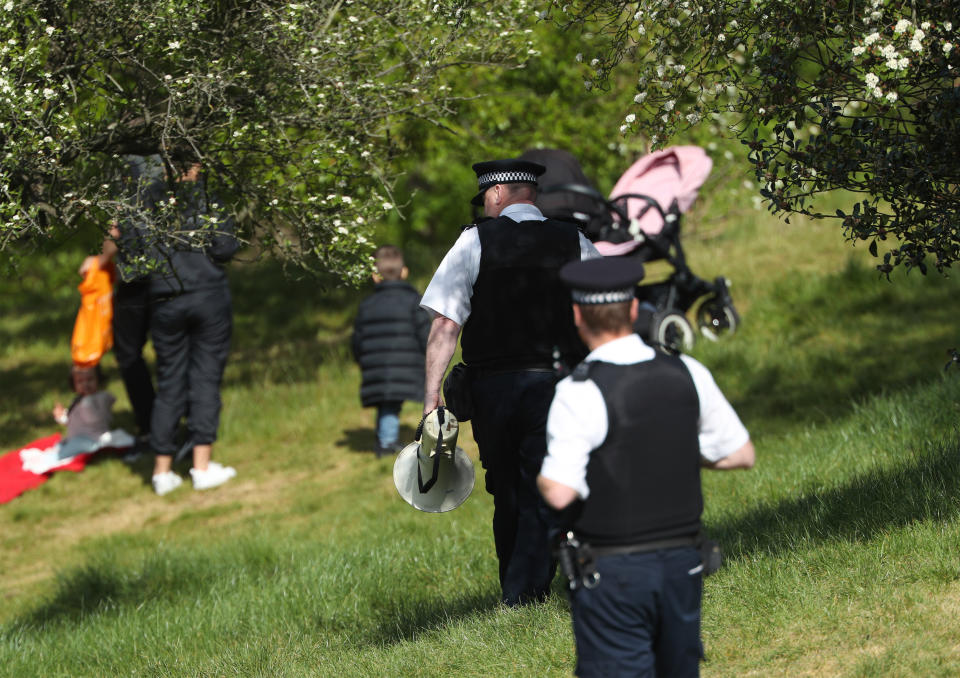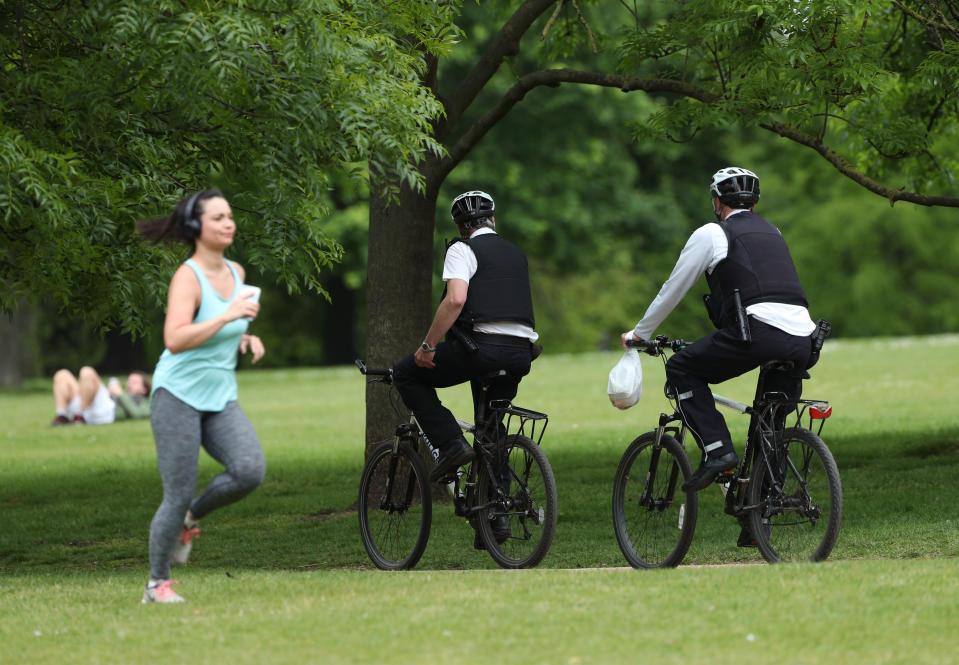Coronavirus: Relaxed lockdown restrictions will be impossible to enforce, police chiefs say

Reduced restrictions during the coronavirus lockdown would be “impossible to police” and would damage officers’ relationship with the public, chief constables have said.
Boris Johnson is preparing to announce plans to ease lockdown restrictions this week, with possible measures including freedom to travel for exercise and gradual reopening of schools.
One chief told The Times: “If people are allowed to meet up with a circle of up to 10 people, we shouldn’t be asked to police that. How ridiculous is that? It would be impossible to police.
“We are in discussion with the government on what we can do but there is going to have to be a different approach.”

A National Police Chiefs’ Council document says officers will need to focus their attention to crime, which is expected to rise as measures are lifted, and will be less able to respond to the public’s concerns about breaches of social distancing.
Under the UK’s social distancing measures, people are only allowed outside for food, health reasons, one form of exercise, or work (and only if they cannot work from home).
Since the beginning of the nationwide lockdown, which has lasted six weeks, more than 9,000 fines have been issued by police in England and Wales to people breaking the lockdown.
While the vast majority of people are obeying the lockdown rules, a small minority, dubbed “covidiots”, are resistant to them.
Latest coronavirus news, updates and advice
Live: Follow all the latest updates from the UK and around the world
Fact-checker: The number of COVID-19 cases in your local area
6 charts and maps that explain how COVID-19 is spreading
Some have accused the police of being heavy-handed for using drones to spot people defying self-isolation guidelines and setting up roadblocks to catch people driving an unreasonable distance from their homes.
One retired Supreme Court judge suggested Britain was turning into a police state.
Read more: Britain urges public to respect coronavirus lockdown
Lord Sumption told Radio 4's World At One: “The police have no power to enforce ministers' preferences, but only legal regulations which don't go anything like as far as the government's guidance.”

Police currently have the power to issue instant £30 fines to people who gather in groups of more than two people or leave their homes without a reason such as for work, food-shopping or exercise.
“When the rules become more complex, of course it will be difficult to expect the police to have a role in enforcing them,” another chief constable told The Times.
Read more: Coronavirus: Which police force has handed out the most lockdown fines?
“This has worked because the public has taken responsibility for their own actions. That will be even more important in the next phase.”
On Sunday, it emerged that the government was considering raising fines to £100 for first-time offenders, and increasing them to a maximum of £3,200 for repeat offenders.

 Yahoo News
Yahoo News 

